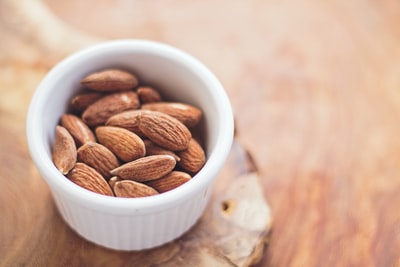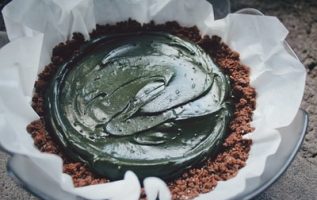Green tea has long been known in Asia for its antioxidant qualities, and more people in Europe and the United States are making this beverage part of their diet. The catechin polyphenol that makes green tea one of the top sources for antioxidants is epigallocatechin-3-gallate (EGCG), and I promise that’s the last time I bring up the name again.
The hype is real, and the evidence is impressive:

I will briefly discuss why green tea is good for you, and then I’ll tell you about some good sources for making this beverage of your own.
1. Free radicals are naturally formed by unbound oxygen molecules in our bodies. For best results, these free radicals should be handled by antioxidants.
2. One of the best sources of naturally occurring antioxidants is tea.
3. There are two forms of polyphenols: C and E. Most of the research in the last 20 years has concentrated on the C form, as it is the most potent.
4. There is no research available for the full health benefits of the E form. If you want the best possible antioxidant support, stick with the C form.
5. Most of the antioxidant research is focused on the C form, as it is the strongest form.
6. Preliminary evidence suggests that the E form is actually more beneficial.
7. Most of the research in question has come from epidemiologic studies. These studies have limitations, and cannot determine cause and effect.
8. Epidemiologic studies have also shown that populations drinking green tea have lower rates of cancer, heart disease, and diabetes than populations that drink black tea.
9. Research has shown that consumption of green tea is associated with decreased rates of kidney stone formation, and decreased urinary tract symptoms.
10. Consumption of green tea is thought to aid fat oxidation and help maintain muscle mass.
11. Green tea is a traditional tea for which there is no known side effects.
12. May help fight obesity, because it contains antioxidants that help the body metabolize fat more efficiently.
13. May help fight diabetes, as it may improve blood sugar control.
14. It may also aid in reducing liver fat and protects the liver from toxins.
15. Green tea has been shown to assist in preventing gallstones, and it may also prevent kidney stones.
16. Ginseng tea and cayenne tea both contain high levels of anti-oxidants that help the body metabolize disease and repair itself.
17. Chocolate cake that is made from green tea powder is higher in antioxidants that the cake made from white flour is.
18. Consumption of green tea has been shown to decrease the chances of acquiring cancer, particularly to the prostate, and reduces the risk of developing breast and colon cancer in women.
19. Researchers believe that green tea may be useful for preventing age-related macular degeneration.
20. We generally all know that caffeine raises blood pressure, and increases heart rate, which may explain why so many people drinking coffee and cola have had their blood pressure rise.
21. Caffeine may actually interfere with naturalBlueberrieshealth benefits. Of the 57 potential anti-oxidants identified in the study, caffeine was found to be in 29 of them.
22. Tea is the only water-soluble dietary source of the compound epigallocatechin-3-gallate (EGCG), which helps fight cancer.
23. Of the 15 amino acids essential for life, green tea is the only one that is found in vegetables.
24. Tea is also the only mineral to contain fluoride.
25. Of the three leading food chemists in the world, five of them work on tea.
26. Of the many varieties of tea known today, Big Flavours, Grandma’s, Green Tea,oids and Rooibos are the most popular.
27. Up until the 1970s, tea was considered highly perishable because it was typically dried and ground during processing. Today, tea is bagged and rolled and water is added to it.
28. Boiled tea is one of the many traditional methods used to make the tea available in the U.S. and around the world.
29. There are about 9 calories per cup of brewed tea.
30. brewed tea has about the same number of calories as a cup of skim milk
31. A cup of brewed tea takes about 17 to 20 minutes to be broken down in the body. Green tea takes about 30 minutes.








